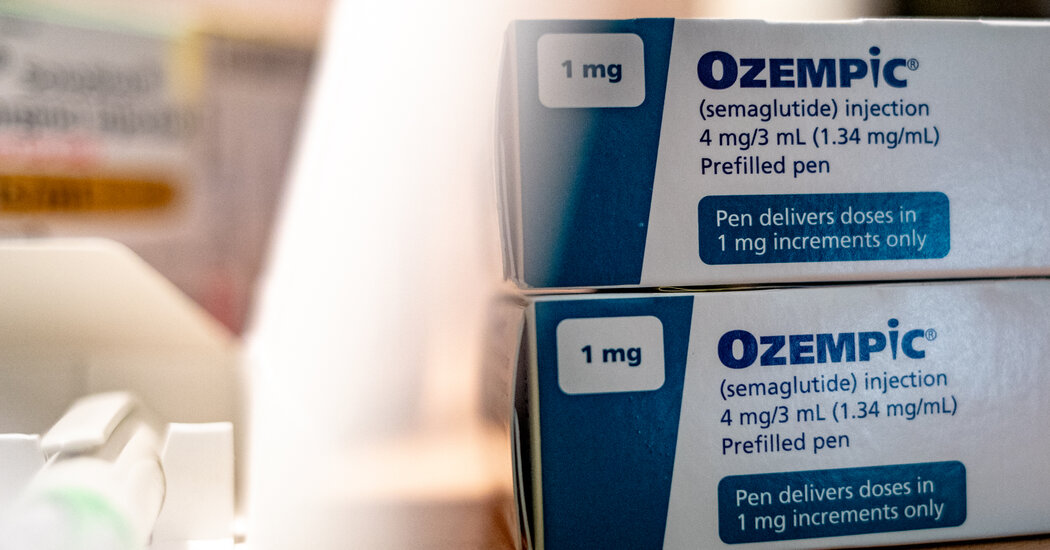President-elect Donald J. Trump is set to nominate Robert F. Kennedy Jr. to lead the Health and Human Services Department, where he would have limited power over drugs.
Ozempic? Robert F. Kennedy Jr. is not a fan.
“If we just gave good food, three meals a day, to every man, woman and child in our country, we could solve the obesity and diabetes epidemic overnight,” he said to Greg Gutfeld on Fox News before the election. He added that the drug’s maker, Novo Nordisk, is “counting on selling it to Americans because we are so stupid and so addicted to drugs.”
His opinions might remain just that — opinions. But now that President-elect Donald J. Trump has said he will nominate Mr. Kennedy to lead the federal Department of Health and Human Services, he may gain powers to turn some of his opinions into federal policies.
Mr. Kennedy has not said he will limit access to Ozempic or other drugs. He did not reply to requests for comment about what he may do as secretary of health and human services.
Here is a look at what powers he would have in that role.
Can a health secretary reverse a drug’s approval?
The short answer is no.
The Food and Drug Administration is part of the Health and Human Services Department, but the secretary does not directly approve drugs. Any attempt to withdraw the approval of the obesity drugs would have to be initiated by the F.D.A.
Holly Fernandez Lynch, an associate professor of law at the University of Pennsylvania who specializes in F.D.A. drug approval standards, explained what it would take.
The grounds for withdrawal, she said, include compelling evidence that a drug is not safe or effective. Drugs can also be withdrawn if a company submitted “untruths in the application materials,” she said, or did not provide adequate records or make required reports. Another reason, she added, is “manufacturing concerns,” which might include contamination of the drug or inconsistency in its formulation.
